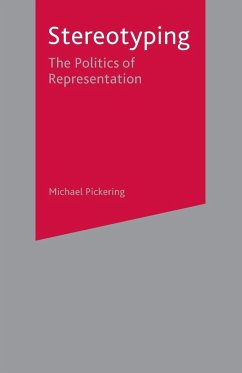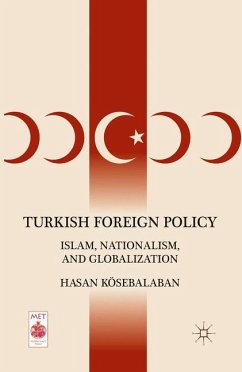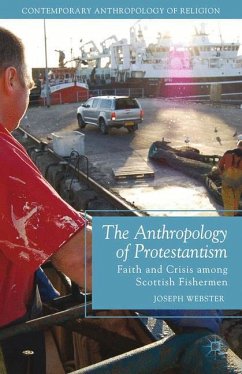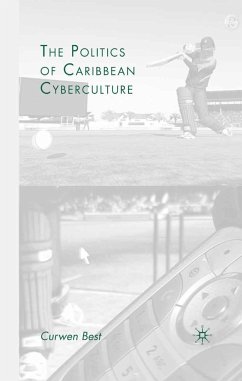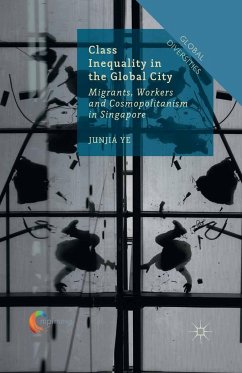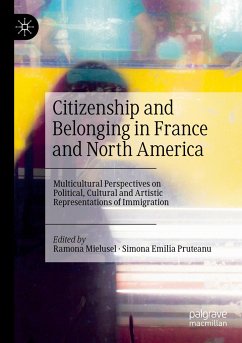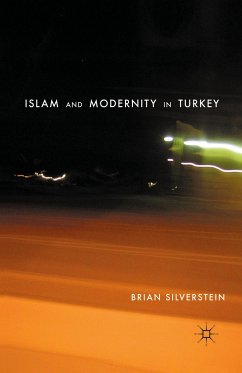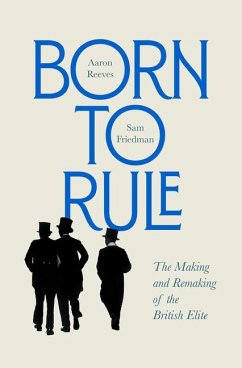"Durkheim and National Identity in Ireland provides an engaging analysis of the nation-building process in Ireland. Using Durkheim's theory, this book offers an alternative explanation for the transformation of religious, national, and cultural conflicts into moral ones. Its theoretical arguments and its re-examination of Irish history should capture the interest of scholars in nationalism, sociology of religion, and sociology of knowledge. Its sharp theoretical engagement should generate a nice debate among its Durkheimian as well as its non-Durkheimian readership." - Xabier Itçaina, Researcher, Center Emile Durkheim, Sciences po Bordeaux, France
"Analyses of conflict zones too often start from the conflict itself, this book
instead explores how structures engender violence. Nor does Dingley just look at social, economic and political clashes. Using Durkheim's insights, he examines how competing value systems created the ground for conflict in Ireland, structuring difference in people's minds. As he points out, there is a fundamental need to address these underlying value systems if there is to be lasting reconciliation." - Peter Catterall, Reader in History, University of Wesminster, UK
"Dingley's study is a provocative and sustained synthesis of history and sociological theory that achieves a fresh interpretation of modern Irish nationalism and Ulster unionism." - Liam Kennedy, Professor Emeritus of Economic & Social History, Queen's University,Belfast, Ireland







